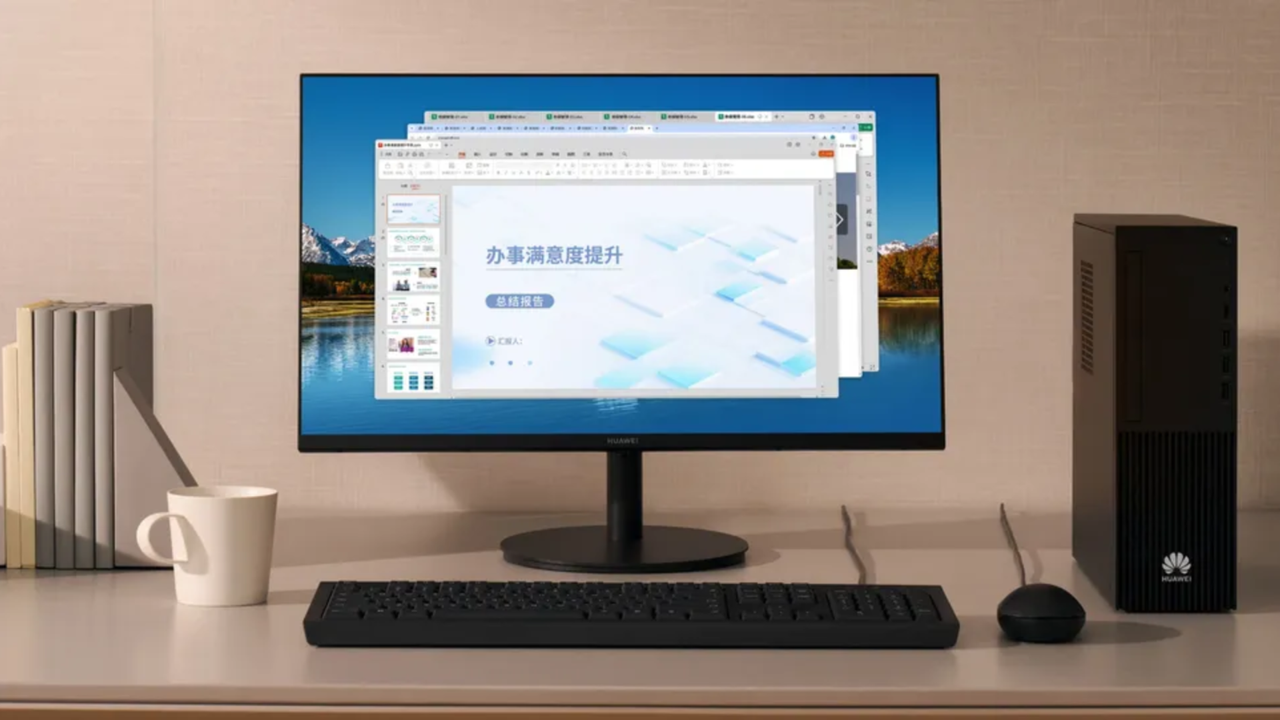A new Mac killer, or the end for Windows in China? Huawei reveals China-only desktop PCs with its own office software and CPUs
PositiveTechnology

Huawei has unveiled two new desktop PCs powered by its Kirin 9000X processors, featuring fully Chinese operating systems. This launch marks a significant step towards technological self-reliance in China, potentially challenging the dominance of Windows in the region. As Huawei continues to innovate and develop its own software and hardware, it could reshape the tech landscape and provide consumers with more localized options.
— via World Pulse Now AI Editorial System







